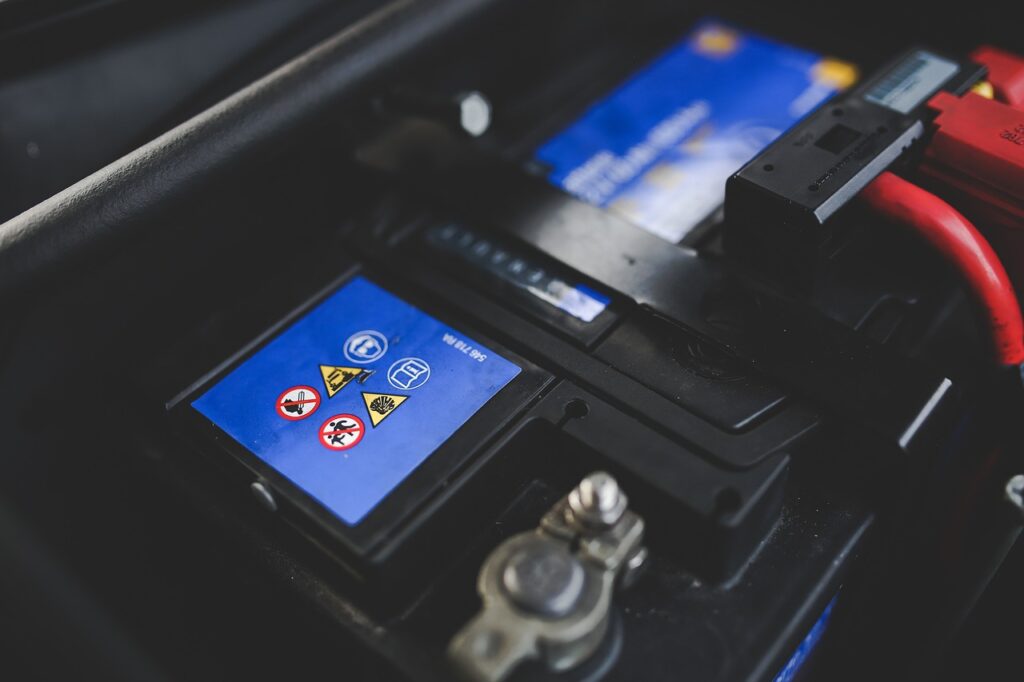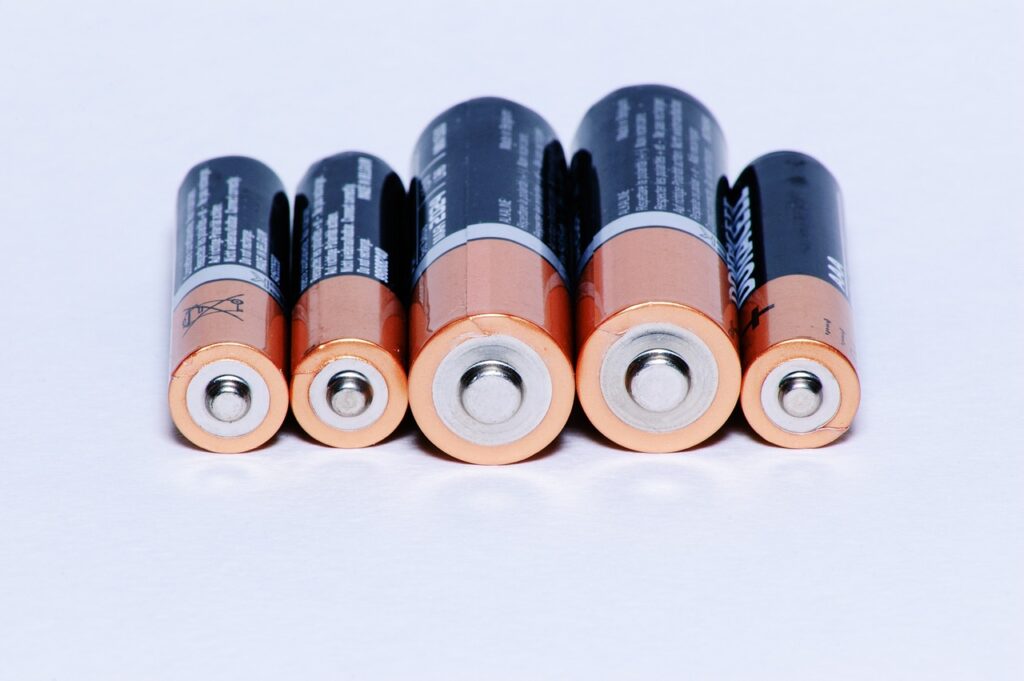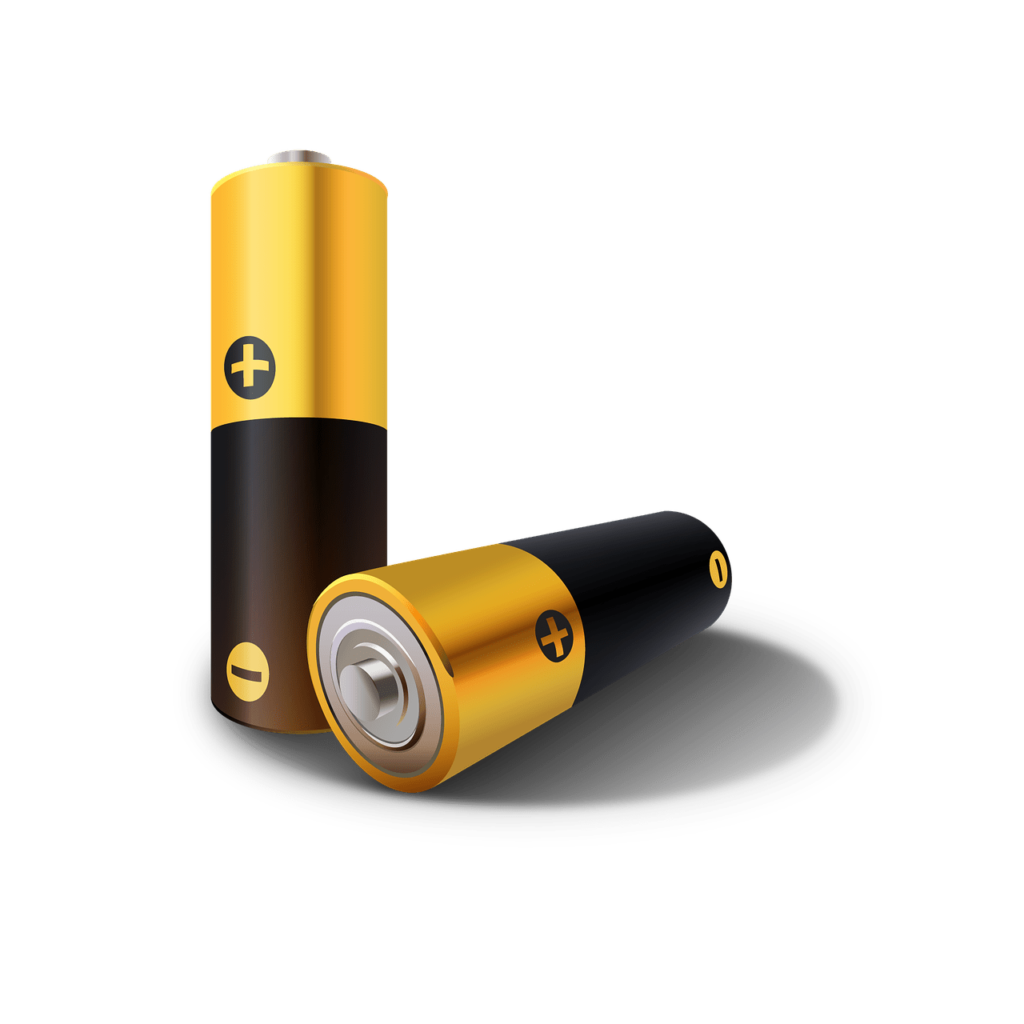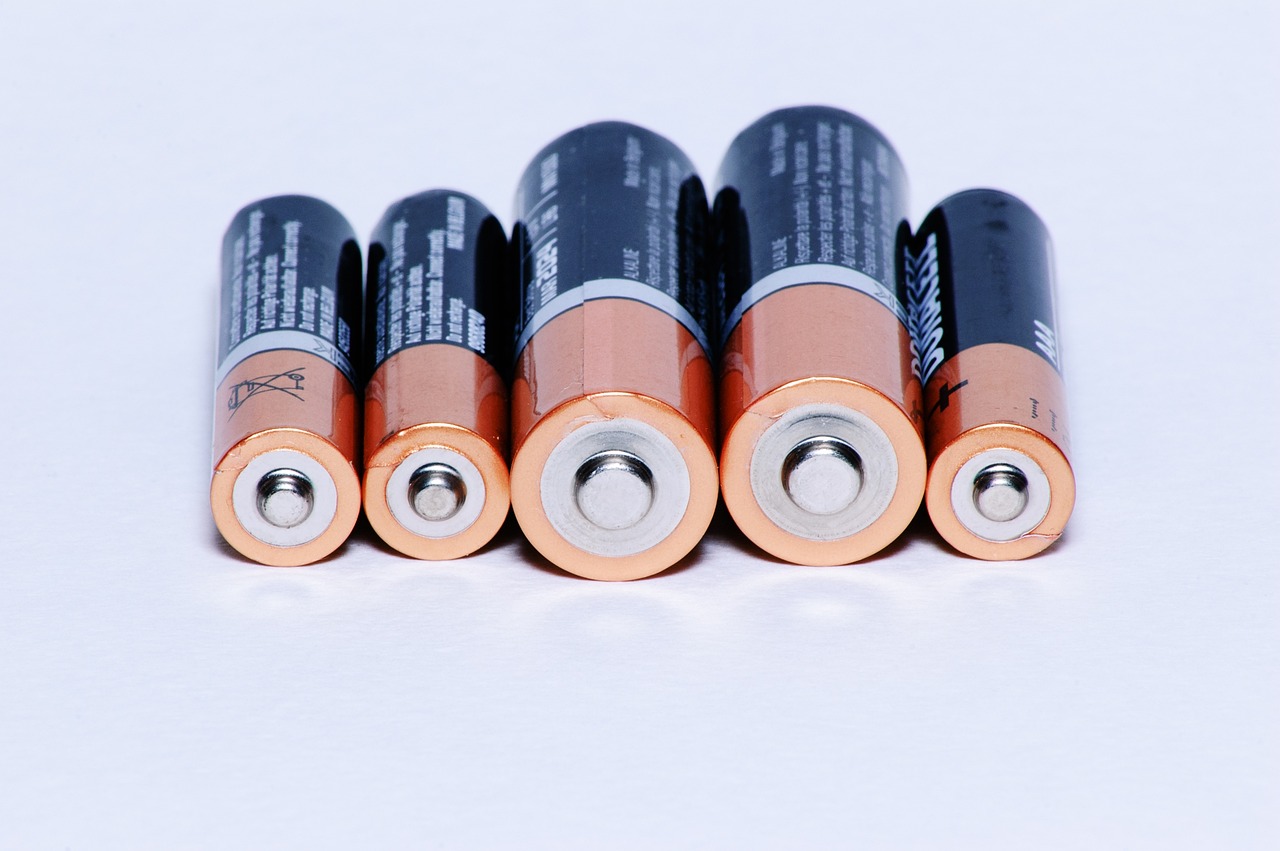Hey there! If you’re curious about the benefits of Lithium Iron Phosphate (LFP) batteries, you’re in for a treat. LFP batteries offer a mix of safety, longevity, and efficiency that makes them stand out from other battery types. One of their key advantages is their remarkable lifespan, providing you with consistent performance over time. They’re also known for better thermal stability, which means they are less likely to overheat, ensuring your devices stay safe and reliable. Additionally, LFP batteries are more environmentally friendly due to their non-toxic materials, making them a smart choice for sustainability-conscious users. Explore how LFP batteries can power your world more safely and efficiently.
What Are The Advantages Of LFP Batteries?
Have you ever wondered what makes LFP batteries stand out from the rest? In today’s world, where battery technology is rapidly advancing, it’s essential to understand the unique benefits of different battery chemistries. LFP (Lithium Iron Phosphate) batteries are increasingly becoming popular due to their distinct advantages over other types of batteries like Lithium-Ion or Lead-Acid. Let’s delve into the fascinating world of LFP batteries and discover why they might be the best choice for your needs.

Understanding LFP Batteries
Before we dive into the advantages, it’s crucial to understand what LFP batteries are. LFP stands for Lithium Iron Phosphate, indicating the materials used in the battery’s chemistry. Known for their safety and long life cycles, these batteries are a type of rechargeable lithium-ion battery. They have gained popularity in applications ranging from electric vehicles to renewable energy storage systems.
What Sets LFP Apart?
Unlike traditional lithium-ion batteries that use expensive and sometimes scarce materials like cobalt, LFP batteries use iron and phosphate. This difference in materials results in several distinct characteristics that make LFP batteries unique.
Safety First: A Major Advantage of LFP Batteries
One of the most significant advantages of LFP batteries is their enhanced safety.
Stable Chemical Composition
The chemical stability of Lithium Iron Phosphate results in a battery that is less likely to overheat or catch fire. Traditional lithium-ion batteries, particularly those with cobalt, are prone to thermal runaway, a dangerous chain reaction that can result in fires or explosions. Thankfully, LFP batteries are less susceptible to this issue, making them a safer option.
Tolerance to High Temperatures
LFP batteries can tolerate higher temperatures without degrading. If you live in an area with a hot climate or plan to use the battery in a high-temperature application, this characteristic is particularly beneficial. Reduced risk of overheating means you can have peace of mind knowing your battery is safe.
Longevity: The Lifespan of LFP Batteries
Another fantastic advantage of LFP batteries is their long lifespan.
High Cycle Life
One of the key benefits is the high number of charge and discharge cycles LFP batteries can withstand. Many LFP batteries can endure up to 2,000-4,000 cycles or more, which is significantly higher than traditional lithium-ion or lead-acid batteries. This means you’ll get more usage out of your battery before it needs replacing.
Low Rate of Capacity Loss
Over time, all batteries tend to lose their ability to hold a charge. LFP batteries have a slower rate of capacity loss compared to other battery types. Even after several thousand cycles, an LFP battery will typically retain a substantial percentage of its original capacity.
Environmentally Friendly
In today’s eco-conscious world, the environmental impact of battery production and disposal is a critical factor to consider.
Eco-Friendly Materials
LFP batteries are made from materials that are less harmful to the environment. Unlike cobalt, which has serious environmental and ethical concerns, iron and phosphate are more abundant and pose fewer environmental risks.
Recycling and Disposal
LFP batteries are easier to recycle and have a less toxic waste profile. This makes end-of-life disposal less problematic and contributes to a more sustainable lifecycle.

Performance: Efficiency and Reliability
When it comes to performance, LFP batteries offer several advantages that make them a reliable choice for various applications.
Consistent Power Output
LFP batteries provide a consistent voltage output throughout the discharge cycle. This consistency is crucial for applications that require a steady power supply, like electric vehicles and renewable energy systems.
High Efficiency
These batteries have a high efficiency rate, meaning more of the energy stored in the battery is available for use. High efficiency is particularly important in renewable energy systems where you want to maximize the energy captured from solar panels or wind turbines.
Cost-Effectiveness
While LFP batteries can be more expensive upfront, their long lifespan and low maintenance requirements often make them more cost-effective in the long run.
Low Maintenance
LFP batteries require less maintenance compared to other battery types. They are less prone to issues like sulfation (a common problem in lead-acid batteries), which reduces the need for ongoing upkeep.

Applications of LFP Batteries
Given their numerous advantages, LFP batteries are used in a wide range of applications. Understanding these applications can help you determine if LFP batteries are the right choice for your needs.
Electric Vehicles (EVs)
Due to their safety, long cycle life, and consistent power output, LFP batteries are increasingly being used in electric vehicles. Major car manufacturers are starting to adopt LFP technology for their EVs, making them a popular choice in the automotive industry.
Energy Storage Systems
In the realm of renewable energy, LFP batteries are ideal for energy storage systems. Their high efficiency and long lifespan make them perfect for storing energy generated from solar panels or wind turbines.
Consumer Electronics
While less common, LFP batteries are also used in consumer electronics. Their safety and long life make them suitable for devices that require reliable, long-term power.
Industrial Applications
In industrial settings, where safety and reliability are paramount, LFP batteries are a preferred choice. They are used in backup power supplies, grid stabilization systems, and other critical infrastructure.
Comparing LFP Batteries with Other Battery Types
To truly appreciate the advantages of LFP batteries, it’s helpful to compare them with other common battery types.
| Feature | LFP (Lithium Iron Phosphate) | NMC (Nickel Manganese Cobalt) | Lead-Acid |
|---|---|---|---|
| Safety | High | Moderate | Low to Moderate |
| Cycle Life | 2,000-4,000+ cycles | 1,000-2,000 cycles | 500-1,000 cycles |
| Energy Density | Moderate (90-120 Wh/kg) | High (150-200 Wh/kg) | Low (30-40 Wh/kg) |
| Cost | Moderate | High | Low |
| Environmental Impact | Low (Eco-friendly materials) | High (Cobalt concerns) | Moderate to High |
| Temperature Tolerance | High | Moderate | Low |
| Maintenance | Low | Moderate | High |
From the table, you can see that while LFP batteries may not have the highest energy density, they excel in safety, cycle life, and environmental impact, making them a well-rounded choice for many applications.
Future of LFP Batteries
The future looks bright for LFP batteries. Advances in technology are continually improving their performance and reducing costs.
Technological Innovations
Emerging technologies aim to enhance the energy density and charging speed of LFP batteries without compromising their inherent safety and longevity. Research is also focused on making the manufacturing process more sustainable and cost-effective.
Market Trends
As the demand for sustainable and reliable energy solutions grows, the market for LFP batteries is expected to expand. Industries like automotive, renewable energy, and consumer electronics are likely to drive this growth, paving the way for LFP batteries to become even more prevalent.
Government Policies
Government policies favoring renewable energy and electric vehicles could further boost the adoption of LFP batteries. Subsidies, tax incentives, and regulations focusing on sustainability and safety will likely support the continued growth of LFP technology.
Conclusion
So, what are the advantages of LFP batteries? From enhanced safety and long lifecycle to eco-friendliness and cost-effectiveness, LFP batteries offer a multitude of benefits that make them a compelling choice for a wide range of applications. Whether you’re considering them for your electric vehicle, renewable energy system, or industrial application, the advantages of LFP batteries make them worth considering.
If you haven’t yet explored the potential of LFP batteries, now is a great time to do so. With continual advancements in technology and growing market support, LFP batteries are poised to play a significant role in the future of energy storage.
So, next time you’re in the market for a battery, remember the advantages of LFP and consider if it’s the right choice for your needs. You might just find that they offer the perfect blend of safety, efficiency, and sustainability.

